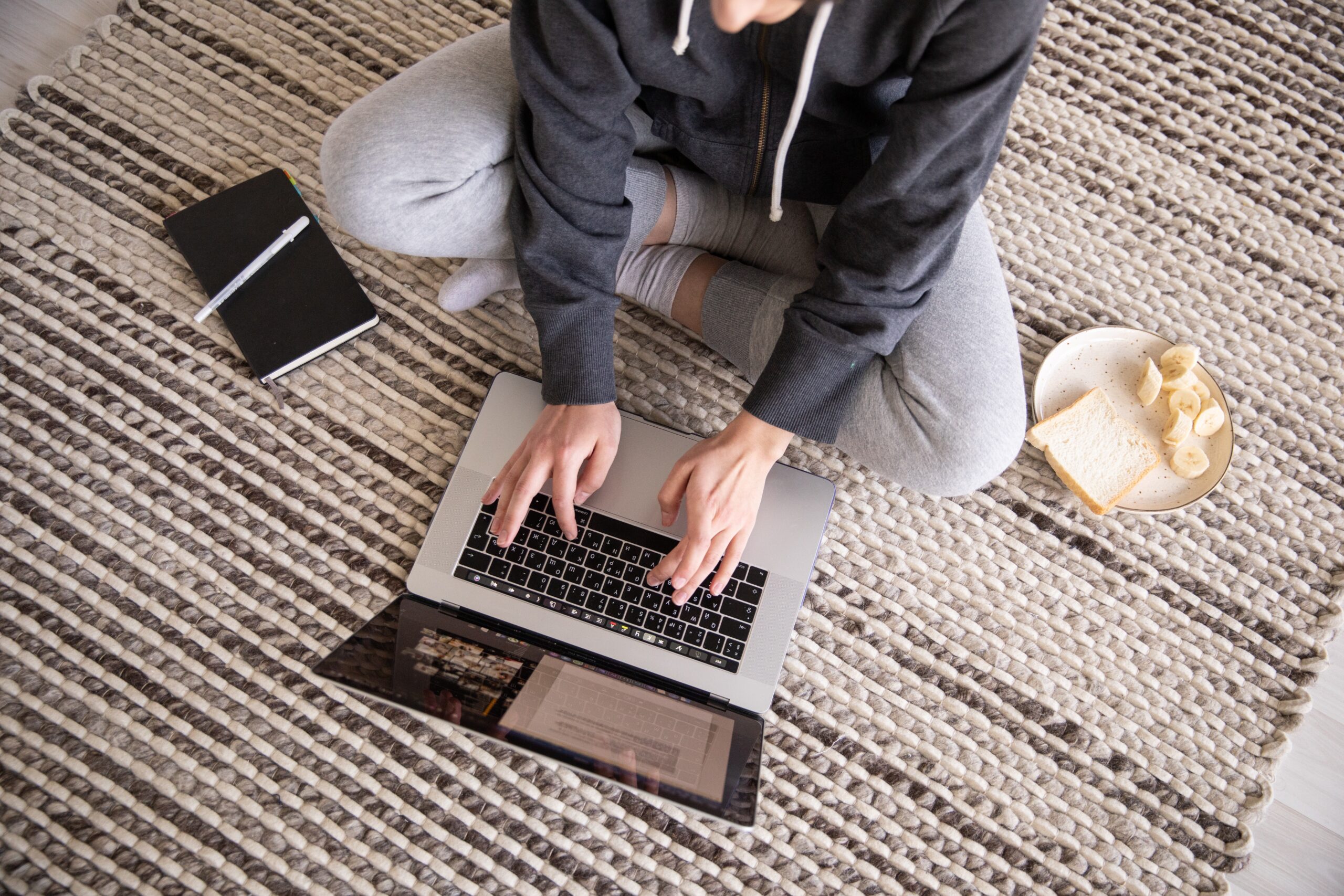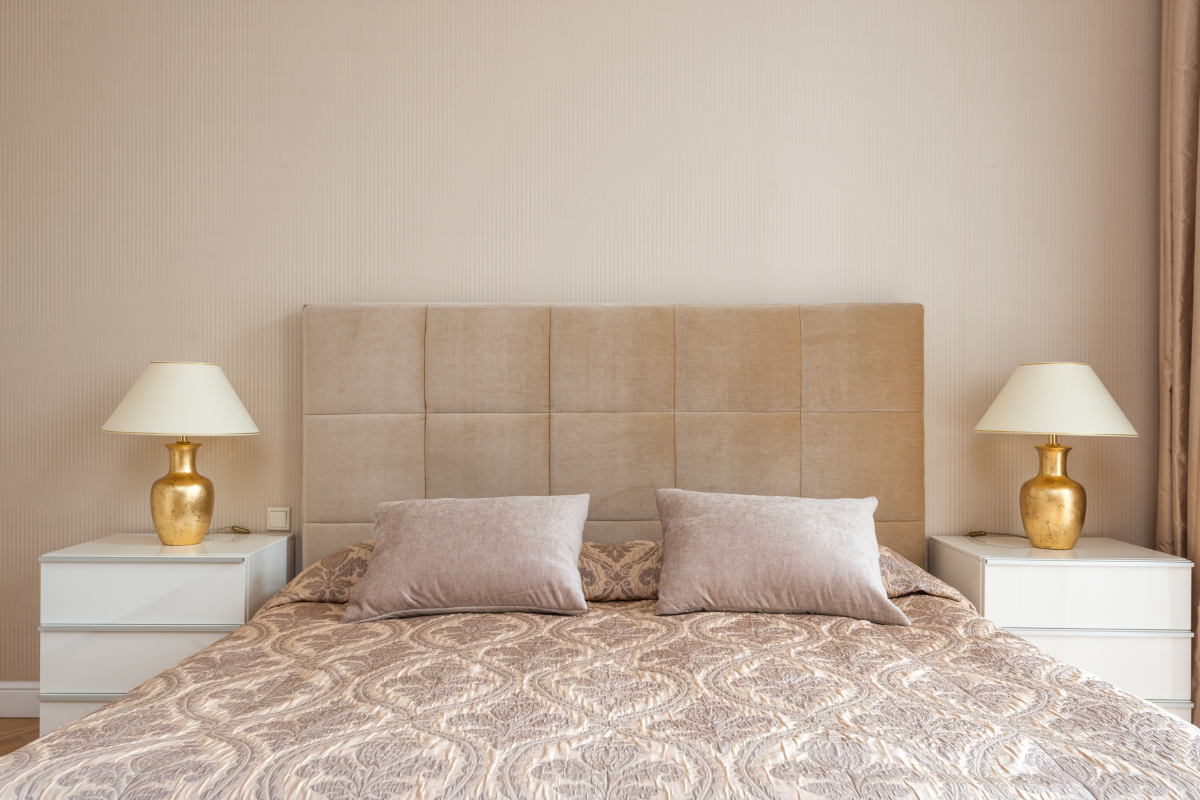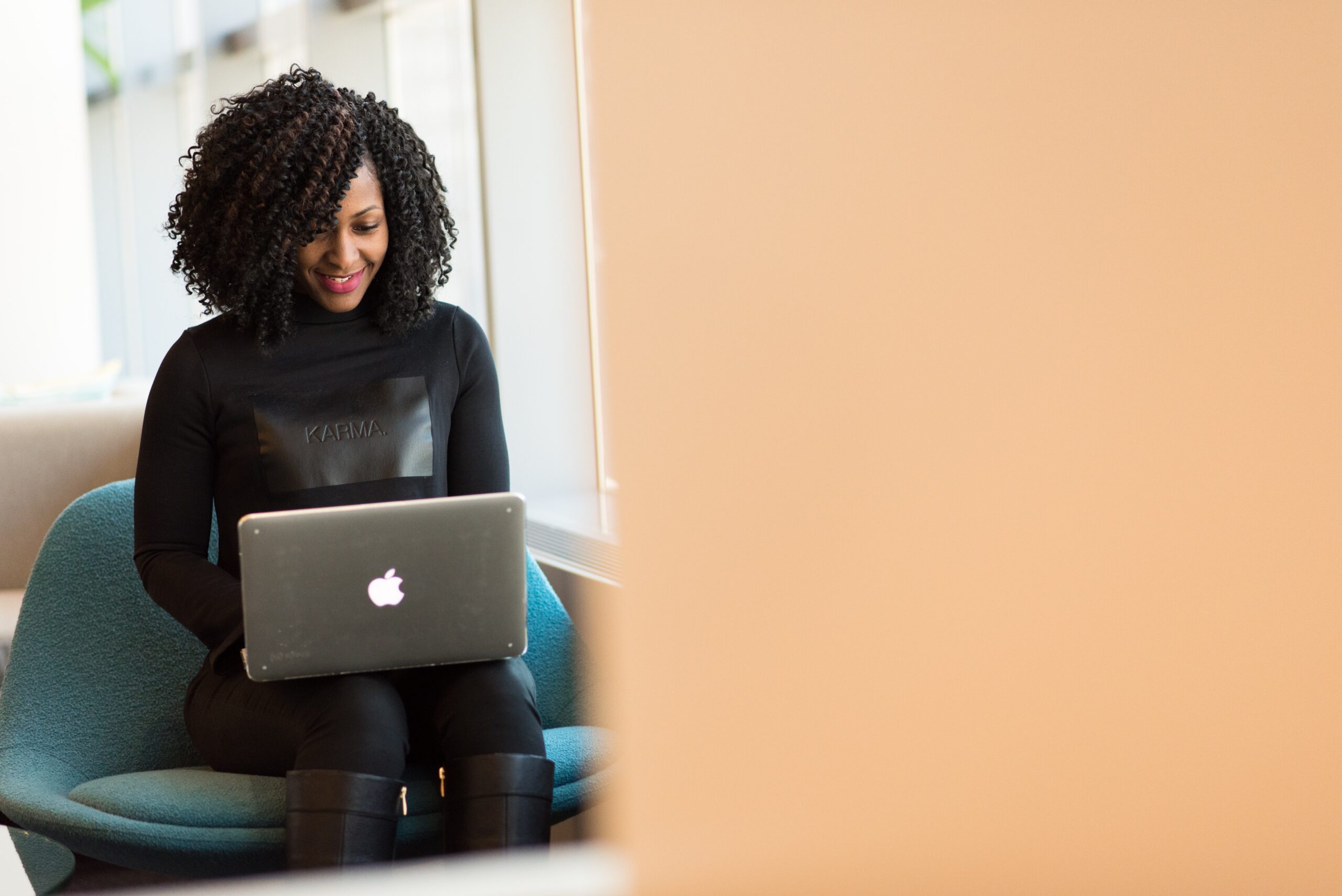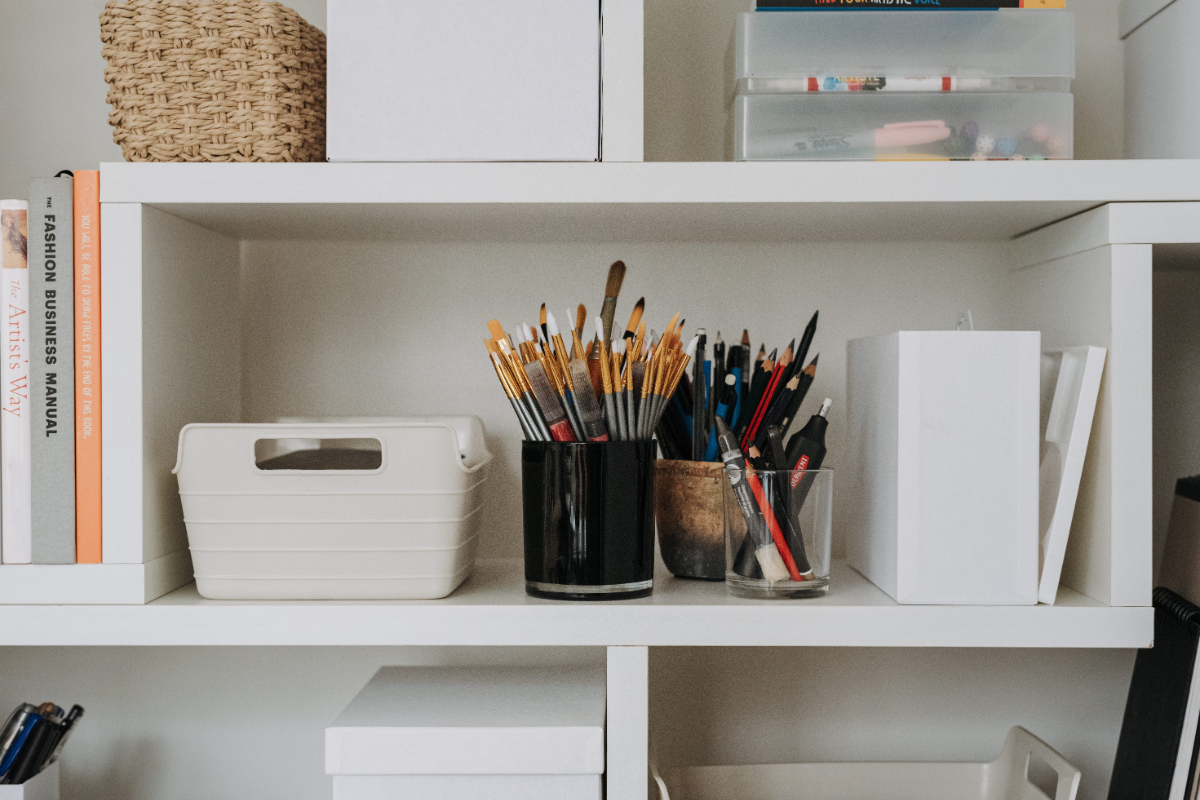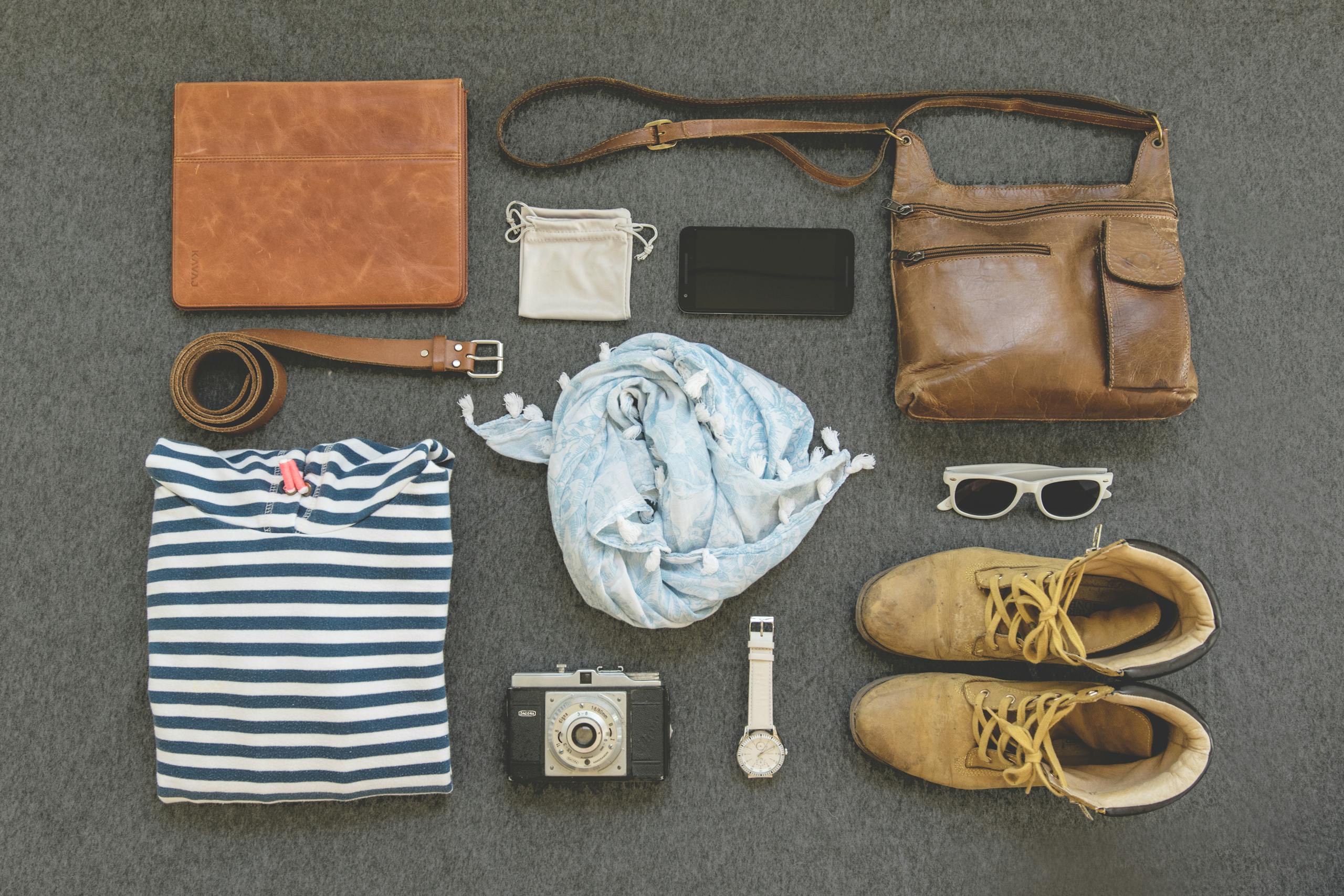Digital Clutter: Minimalism Beyond Physical Possessions
There are some affiliate links below, but they are all products I highly recommend. For more info, view my disclosure here.
Minimalism isn’t just about physical possessions. There are other types of clutter that causes you distress, like digital clutter. Owning fewer material things allows you to focus on what’s most important to you in life. With less to maintain, you spend fewer hours working. When you see less clutter in your surroundings, you feel less anxious. Experiencing joy from your possessions instead of overwhelming them is priceless.
Read on to learn about digital clutter and what you can do to minimize it, too.
About Digital Clutter
Digital clutter refers to the kinds of items you have stored on your electronic devices, along with the online activities that distract you from fundamental life interactions. Email, documents, photos, downloaded music, apps, and unused desktop icons are examples of such digital clutter.
Also included in this term are the types of online activities that take up your time, like social media, RSS subscriptions, and online games. These are just some of the things which fall under this category. It’s truly a vast array of unnecessary chaos that takes up room on your devices, crowds your thoughts, and sucks your time.
Effects of Digital Clutter
It’s good to keep some of your items stored digitally, like books on an e-reader and electronic documents, as they save you from having numerous shelves and filing cabinets in your home and office. However, even your digital clutter can get out of control and lead to negative results.
Electronic overload can be just as detrimental as the physical kind to your productivity, concentration, and emotional state. When your devices are full of unnecessary documents, programs, and apps, they slow down. It can also make it hard to find things. Therefore, your productivity also suffers.
Digital clutter can cause a similar sense of overwhelm and anxiety as physical junk in your environment. It’s a distraction. The same is true for the time you spend online. When you don’t have a sense of balance, you can feel pulled in too many directions. You miss out on your real-life opportunities and commitments.

Ways to Manage Digital Clutter
You can take control of your digital clutter and feel more at peace. An excellent place to start is with your inbox. Find a system that works for you. Some people don’t mind having a few emails hanging out in their box, while others prefer to zero things out every day.
What’s most important is to reply immediately to the ones you can and those of highest priority. You can create a folder for messages that need attention if you must. Delete what you know doesn’t interest you.
Better yet, unsubscribe from unwanted lists. Archive or organize your new documents next. Do the same with programs and apps you’re not using. You can repeat the process for photos and music. Keep the ones you use regularly and put the rest in an archive or other marked folders.
When it comes to social media and other online time, start cutting back in small increments until you’ve reached a daily amount that provides you balance.
Declutter your digital space on a regular basis. By keeping up on your digital clutter, it will help your digital space become more manageable and easier to use. It’ll also keep you from getting overwhelmed with all the *stuff* in your inbox, your downloads folder, and everywhere else!
This is merely an introduction to the concept of digital clutter. Hopefully, it will help you to begin to tackle the things that are taking up too much space on your devices and in your mind.
